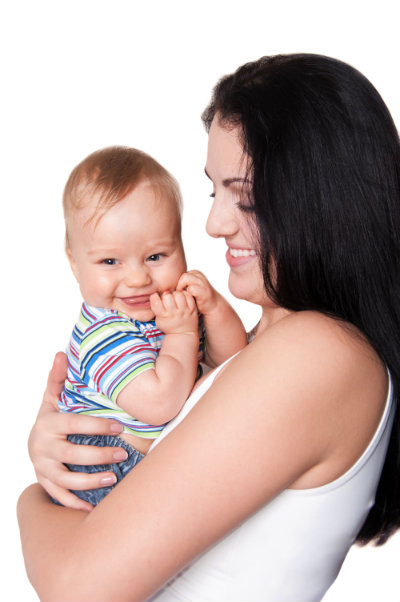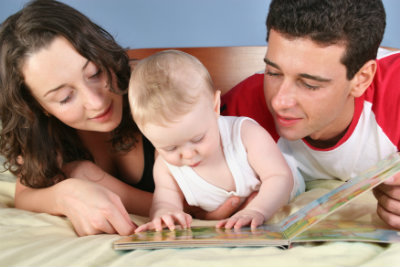 This post is the first in a series on discipline for children in three different stages:
This post is the first in a series on discipline for children in three different stages:
Infants from birth to one year, 12-24 months, and pre-schoolers.
Holding your newborn in your arms, you can hardly imagine that helpless little person ever needing discipline.
Especially if you aren’t exactly sure what discipline is.
What Is Discipline, Anyway?
Is discipline running boot camp-style drills?
Or is it all about spankings and time-outs and groundings (Oh my!)?
At Choices Pregnancy Center, we know that discipline is much more positive than either of those ideas. Discipline is simply good parenting aimed at a worthy goal:
Discipline is training a child to solve life’s problems in healthy ways that treat others and him/herself with kindness and respect.
Can you picture that—a child who solves problems in healthy ways? Can you see him dealing with life’s inevitable frustrations with self-control and confidence? Can you see him enjoying good relationships with friends, teachers, and you?
Keep that picture in mind as you discipline your child.
Discipline is training a child to solve life’s problems in healthy ways. Click To TweetBut Can a Baby Be Disciplined?
Yes. During his first year, you can train your child toward that ideal picture in one fundamental area.
You can assure him that he can trust you to take good care of him because you love him. (Review our earlier post about how crucial this early bonding is for equipping your child to become an adult who can handle life well.)
Of course, parenting in a way that creates this trust will require some discipline on your part, too. But it will be so worth it!
What Should I Train Myself to Do For My Child?
Look at how five parenting habits can prepare your infant for a happy life.
Respond to your baby’s cries promptly. Babies cry a lot in their first year. You would, too, if it was the only way you could let someone know you were hurting or hot or hungry. Remember that this stage will pass. But meanwhile, this is your chance to prove to your child that you are there to meet his needs. (Click here for some ways to respond when baby cries.)
- Baby learns to trust you. Far from spoiling your baby, your quick responses help him feel secure in his world. After the first six months or so, you’ll be able to gradually ease out of rapid-response mode as he trusts you to tend to him in more reasonable time.
Give your baby plenty of attention. Touch him gently, play with him, talk to him face-to-face. Train yourself to put your electronic devices down and focus on him when he’s awake.
- Baby learns he is valuable. Children who know they matter to their parents grow up to be adults who know how to show others that they are valuable, too.
Create routines. Develop fun, consistent patterns for key times of day like mornings, bedtimes, and naptimes. Routines can be as simple as taking a bath before bed, or singing “The Itsy-Bitsy Spider” upon waking, or playing pat-a-cake before making supper.
- Baby relaxes in the rhythms of daily life. He draws comfort from predictability. And he will want to build a pleasant organized feel into his life in the future as well.
Redirect misplaced curiosity. Babies are naturally curious, so they explore their environment through all their senses. Don’t get angry when he explores things you don’t want him to. Just say “no” calmly and give him a safe substitute in its place.
- Baby learns curiosity is okay, within boundaries. You have validated his desire to learn, not punished him for it. He will eventually learn which things are not toys, and which are okay for play.
Be consistent. Consistency is king when it comes to parenting. Let your “no” mean “no” and your “yes” mean “yes”—every time. Decide what you will or will not allow before your child tests your limits.
- Baby learns to accept limits. As you maintain healthy boundaries around his behavior, he will learn ways to deal with disappointment and frustration. (More to come on that, soon.)
How Can I Learn More?
Disciplining children well takes self-discipline. Come work one-on-one with a parenting coach through our Earn While You Learn program. You’ll gain access to great tools like our DVD series on “Positive Discipline” as well as supplies you and your baby need—all for free.
———-
Watch for our upcoming blogs on Discipline for Toddlers, and Discipline for Pre-Schoolers.


